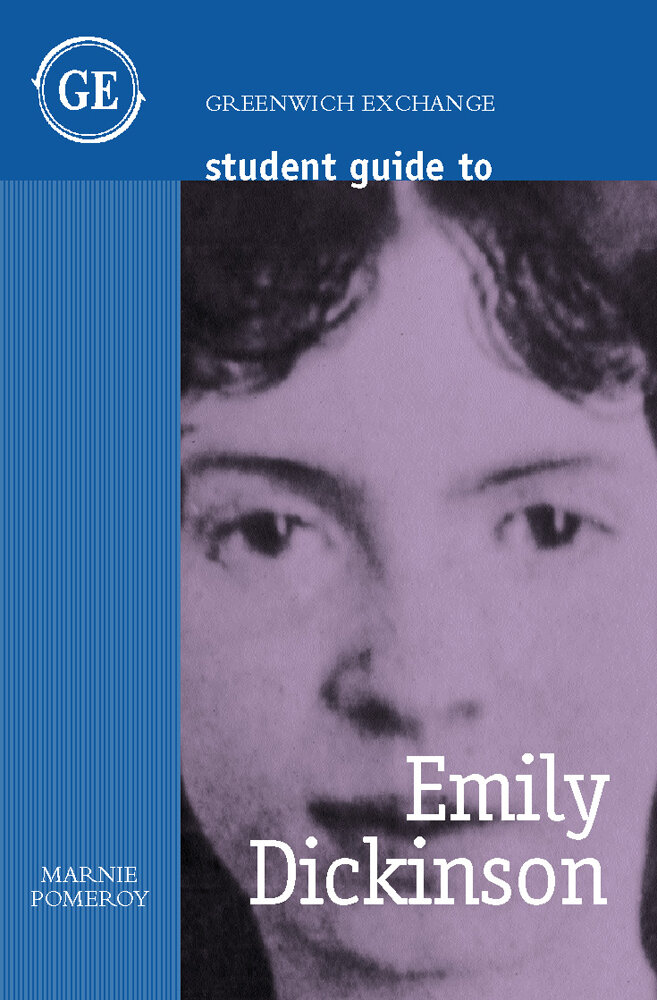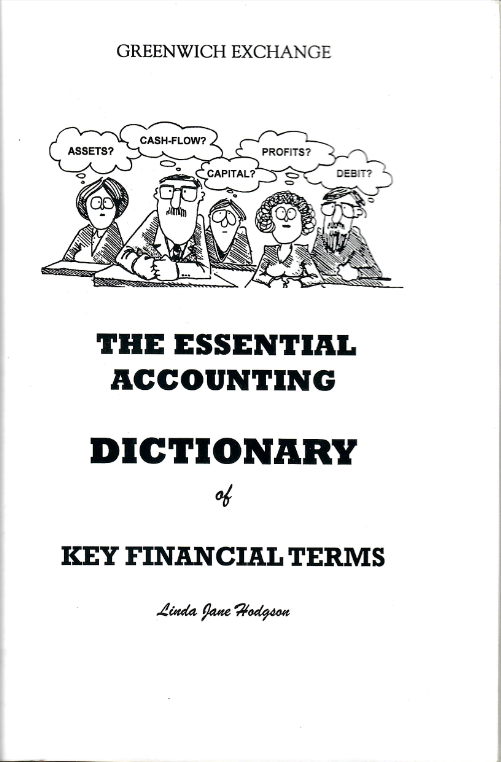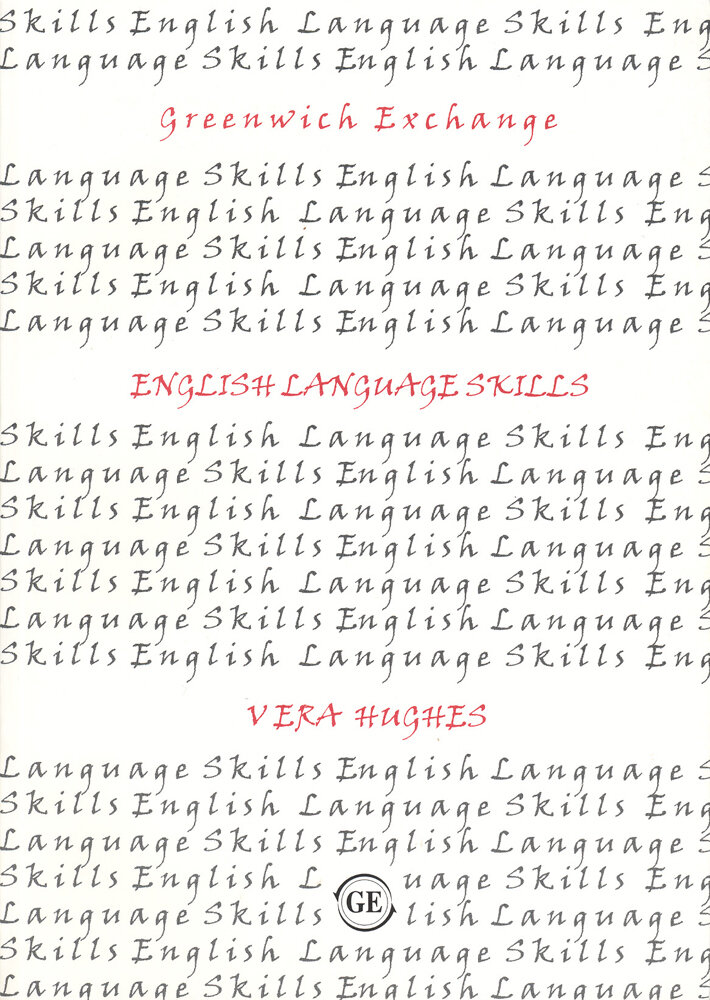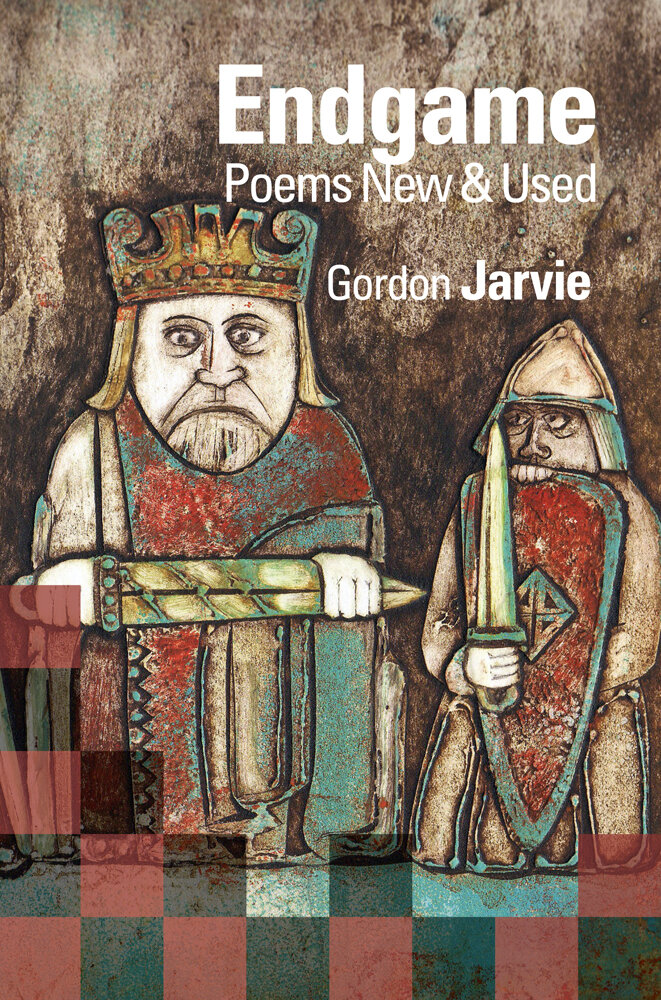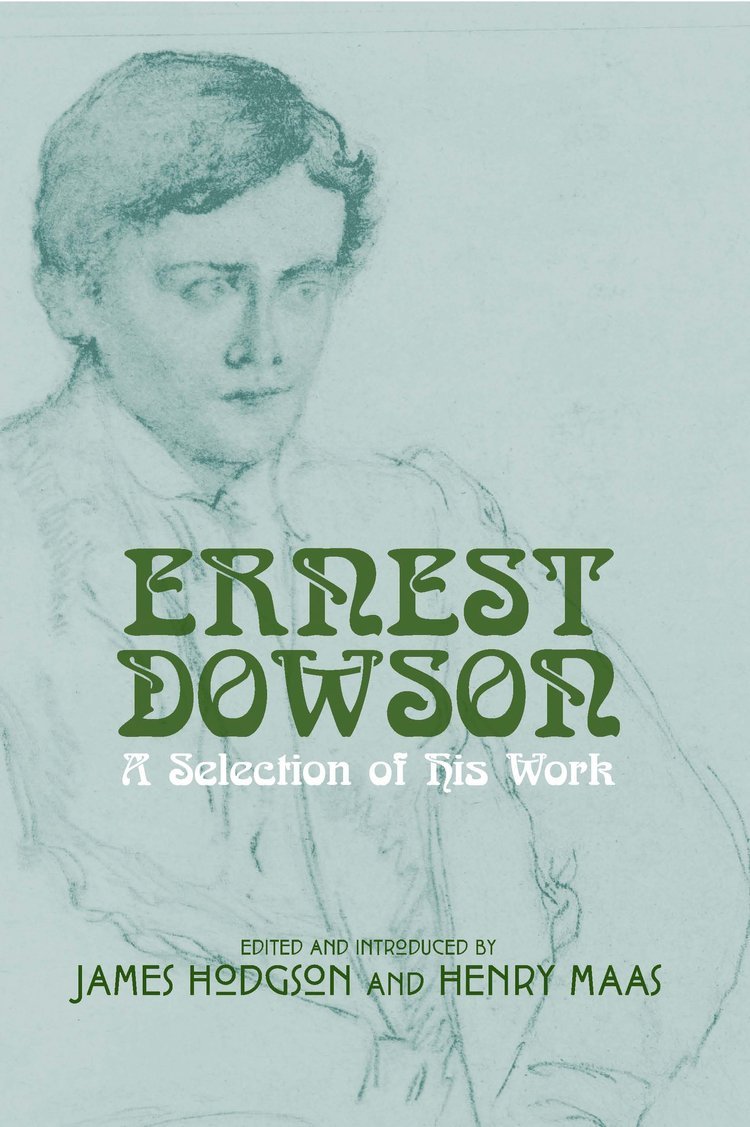 Image 1 of 1
Image 1 of 1


Ernest Dowson: A Selection of His Work
About the book:
The figure of Ernest Dowson stands as a near-perfect symbol for the ‘English decadence’ of the 1890s – one perhaps overshadowed only by his friend and mentor Oscar Wilde.
It is a compelling image. Dowson was born into relative affluence, the son of the owner of a Limehouse dry-docking business. Dowson appears to have been an intellectually curious child, comfortable in both French and Italian and imbued with a deep love of classical poetry. He gained entrance to Queen’s College, Oxford but was forced to leave after a downturn in his family’s financial and social standing decayed into near-penury and bankruptcy. Suicide shadowed the death of both his parents. As resources dwindled, Dowson – although a well-known figure in literary circles and a member of the Rhymers’ Club – was forced to adopt a semi-nomadic existence in the less salubrious streets of London and Paris, becoming increasingly addicted to alcohol (including that most 90s hallmark of dissolution, absinthe) and his infatuation with Adelaide Foltinowicz, the daughter of a Polish owner of a modest Soho eaterie he frequented.
Adelaide – seemingly totally uninterested in Dowson and, indeed, later to marry a former waiter at the family establishment – was to become the poet’s largely indifferent muse, with Dowson producing a small but dazzling body of work as a result of his obsession. Dowson’s lyricism led T.S. Eliot to describe the poet – dead at the age of only thirty-two – as ‘the most gifted and technically perfect poet of his age’. W.B. Yeats was to say Dowson was an inspiration to him and had been responsible for his technical development as a poet.
About the author:
James Hodgson is general editor at Greenwich Exchange. His most recent publication is Oscar Wilde: Philosopher, Poet and Playwright.
Henry Maas is an editor and specialist in late nineteenth-century English art and literature. Greenwich Exchange has published his last three books, Ernest Dowson: Poetry and Love in the 1890s (2009), A.E. Housman: Spoken and Unspoken Love (2012) and Rupert Brooke: Poetry, Love and War (2015).
About the book:
The figure of Ernest Dowson stands as a near-perfect symbol for the ‘English decadence’ of the 1890s – one perhaps overshadowed only by his friend and mentor Oscar Wilde.
It is a compelling image. Dowson was born into relative affluence, the son of the owner of a Limehouse dry-docking business. Dowson appears to have been an intellectually curious child, comfortable in both French and Italian and imbued with a deep love of classical poetry. He gained entrance to Queen’s College, Oxford but was forced to leave after a downturn in his family’s financial and social standing decayed into near-penury and bankruptcy. Suicide shadowed the death of both his parents. As resources dwindled, Dowson – although a well-known figure in literary circles and a member of the Rhymers’ Club – was forced to adopt a semi-nomadic existence in the less salubrious streets of London and Paris, becoming increasingly addicted to alcohol (including that most 90s hallmark of dissolution, absinthe) and his infatuation with Adelaide Foltinowicz, the daughter of a Polish owner of a modest Soho eaterie he frequented.
Adelaide – seemingly totally uninterested in Dowson and, indeed, later to marry a former waiter at the family establishment – was to become the poet’s largely indifferent muse, with Dowson producing a small but dazzling body of work as a result of his obsession. Dowson’s lyricism led T.S. Eliot to describe the poet – dead at the age of only thirty-two – as ‘the most gifted and technically perfect poet of his age’. W.B. Yeats was to say Dowson was an inspiration to him and had been responsible for his technical development as a poet.
About the author:
James Hodgson is general editor at Greenwich Exchange. His most recent publication is Oscar Wilde: Philosopher, Poet and Playwright.
Henry Maas is an editor and specialist in late nineteenth-century English art and literature. Greenwich Exchange has published his last three books, Ernest Dowson: Poetry and Love in the 1890s (2009), A.E. Housman: Spoken and Unspoken Love (2012) and Rupert Brooke: Poetry, Love and War (2015).


